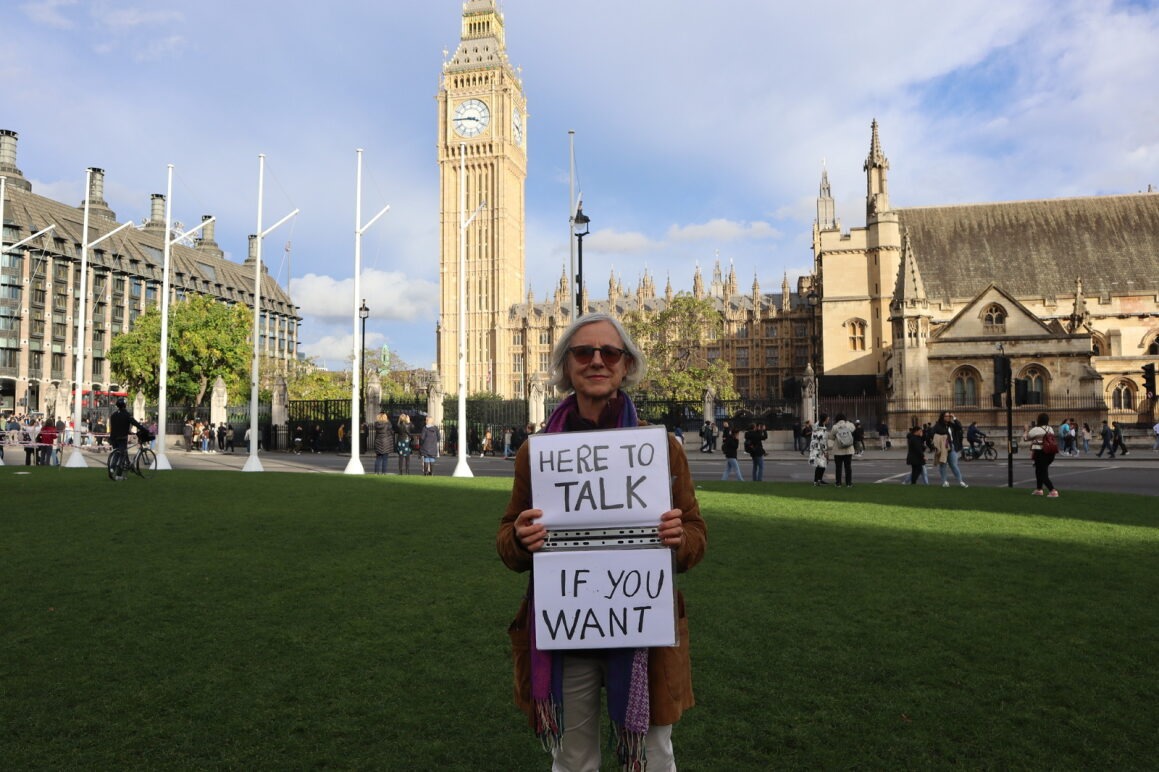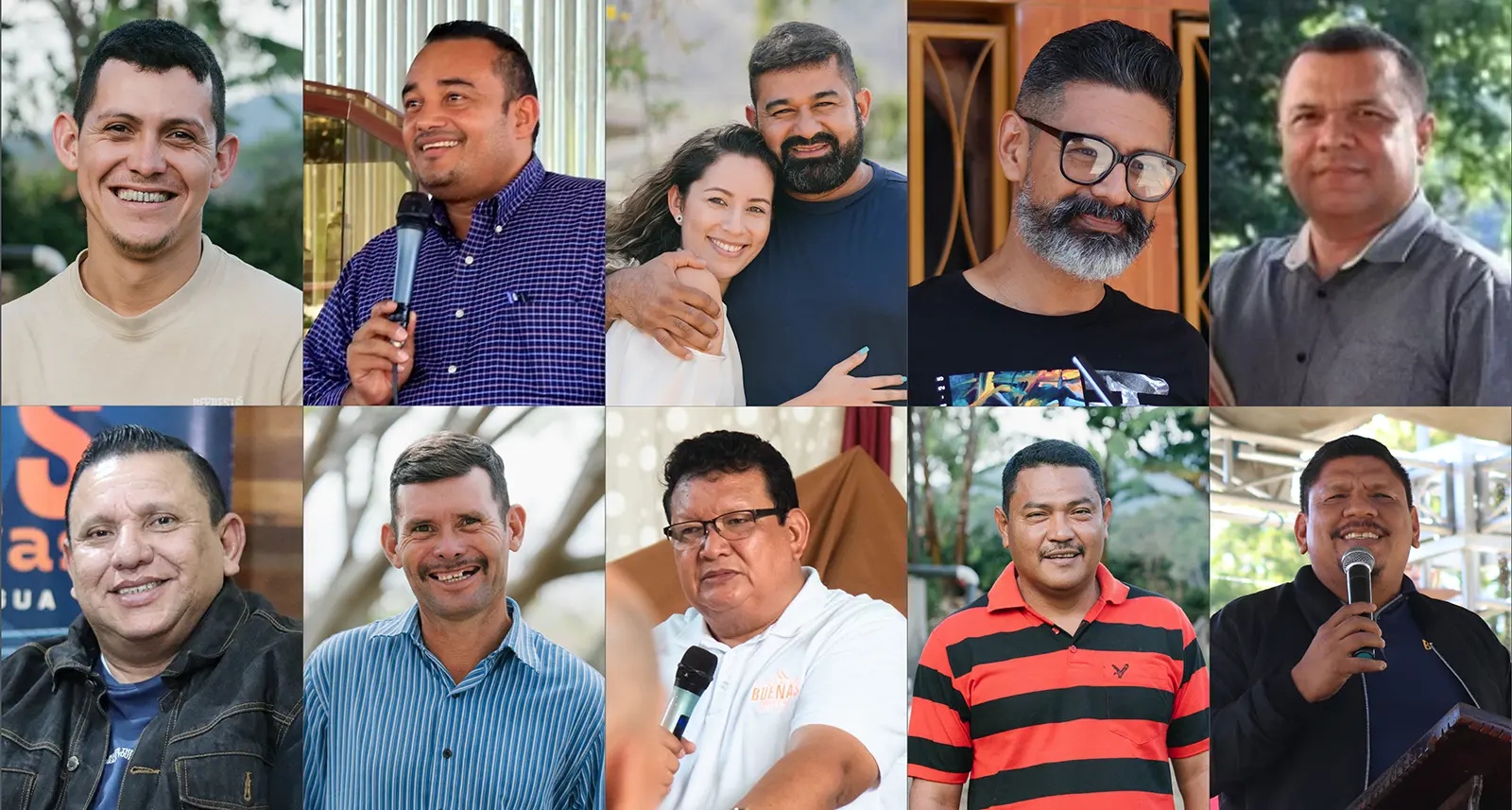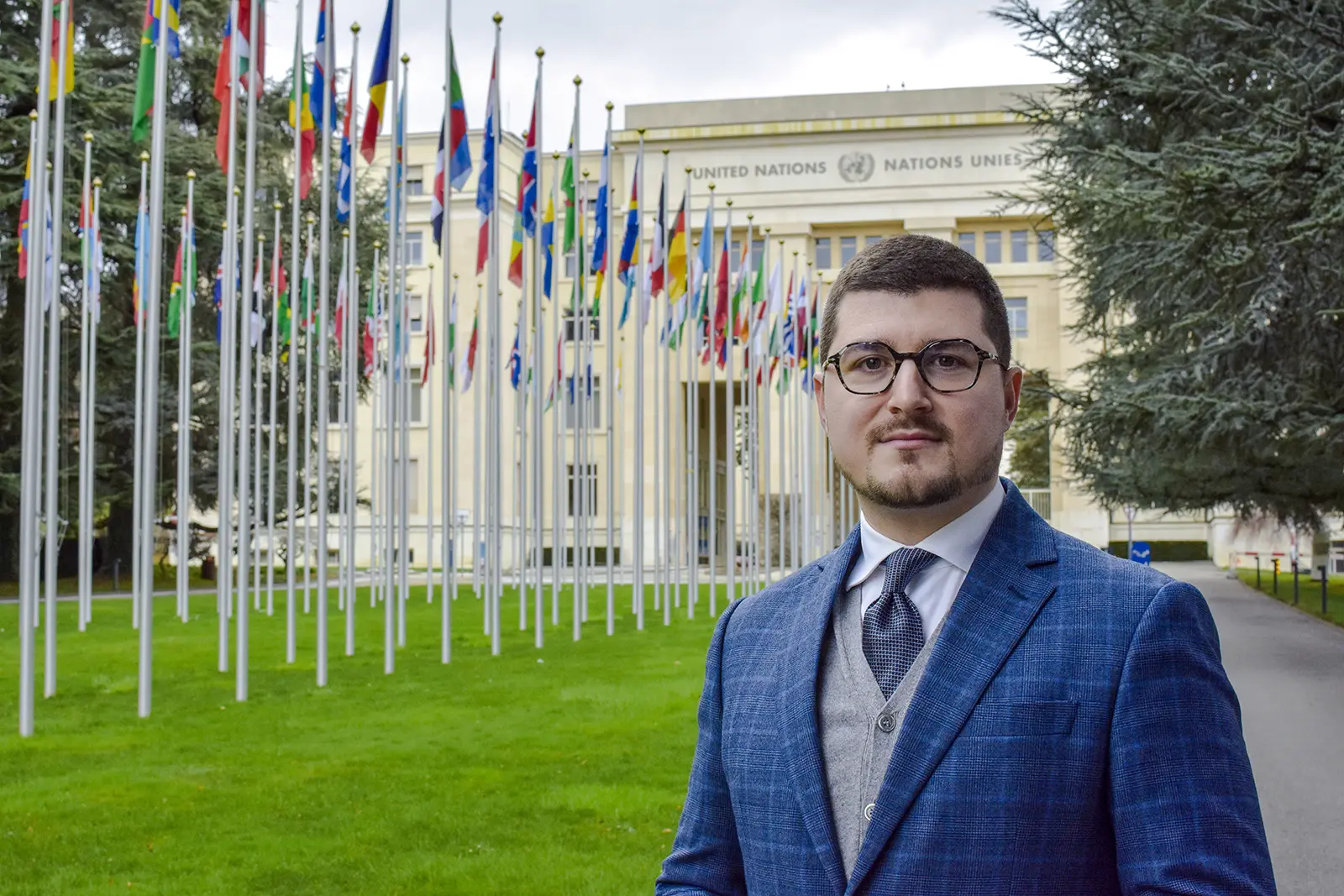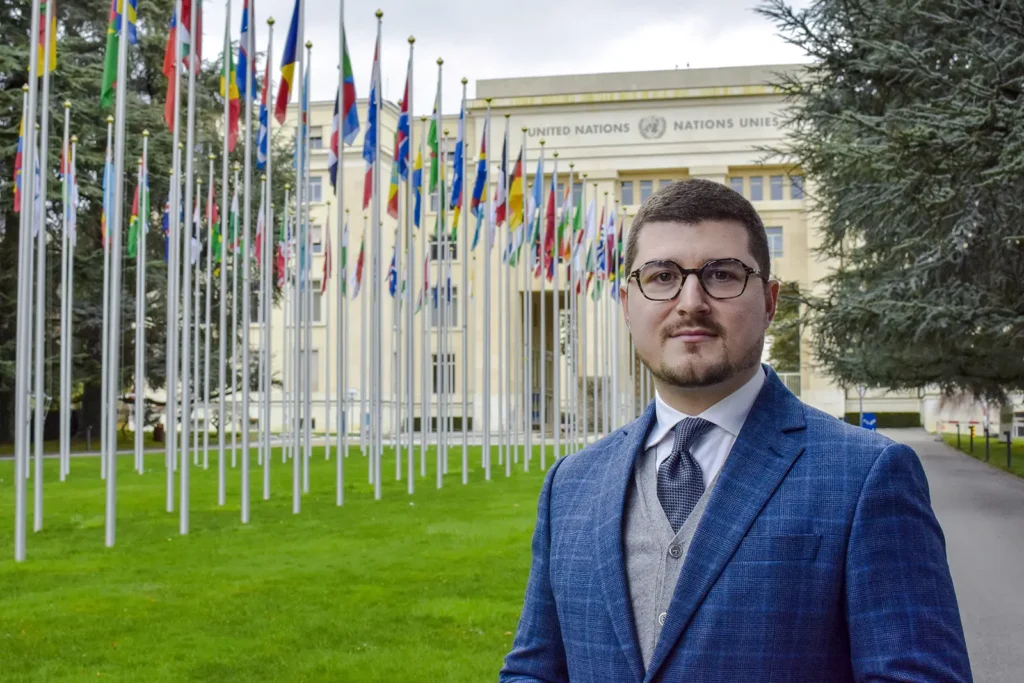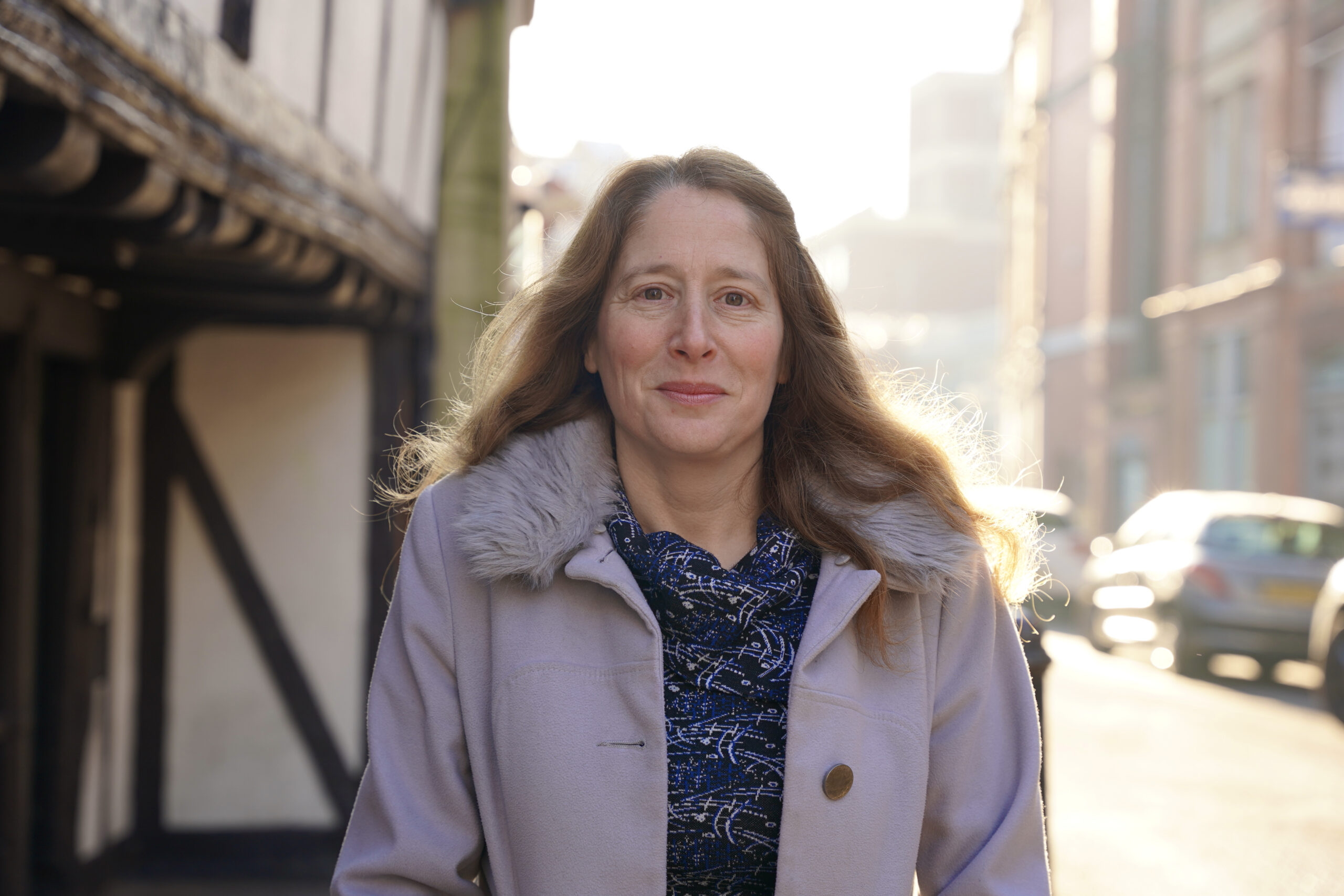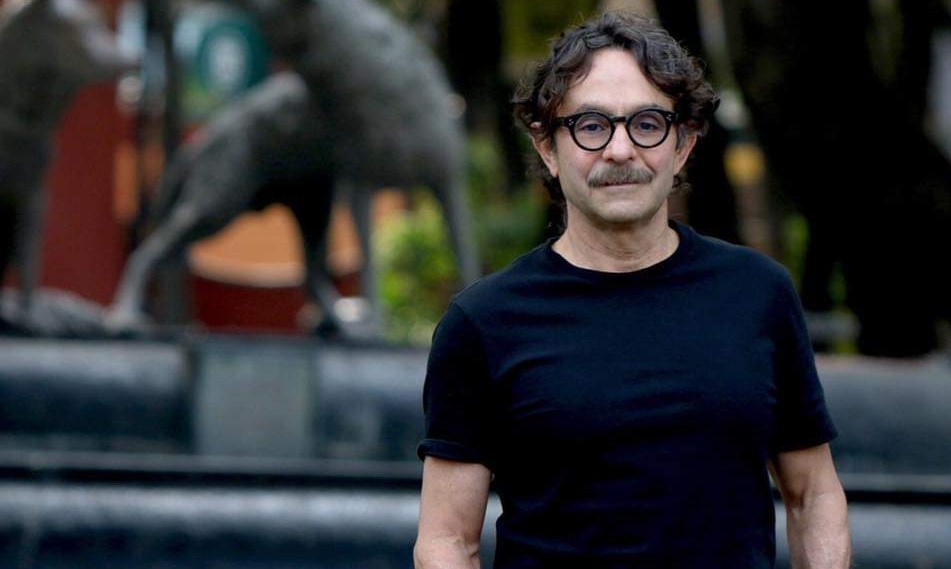- Five cross-party politicians, Sir Edward Leigh, Andrew Lewer, Carla Lockhart, Andrew Bridgen, and Lord Jackson, call out censorship of retired medical scientist
- MPs highlight “double standards” when it comes to free speech in the UK
- Dr Livia Tossici-Bolt will face trial for peacefully holding a sign within an abortion “buffer zone”; ADF UK is supporting her legal defence

LONDON (28th March 2024) – MPs have called on the Home Office to protect consensual conversation and silent prayer in “buffer zones” after a woman was charged for holding a sign.
Four MPs and one peer also said the crackdown on what one MP called the “entirely benign behaviour” of Dr Livia Tossici-Bolt, 62, a Christian woman and retired medical scientist, showed a double standard in law enforcement.
Dr Tossici-Bolt, whose legal defence is being supported by ADF UK, is facing trial for holding a sign that read: “Here to talk, if you want,” in a “buffer zone” around an abortion facility in Bournemouth.
Reacting to Dr Tossici-Bolt’s case, senior Tory MP and former minister Sir Edward Leigh said:
“Freedom of thought and freedom of speech are the bedrock of a free society.
“It’s mad that a retiree is facing trial for inviting people to have a harmless chat. No one should be turned into a criminal just for peacefully offering to talk to people in a public space.
“All our warnings about the effect buffer zones would have on free speech have come true. We’ve seen a woman arrested twice for thinking and a Catholic priest charged and prosecuted. Both won in the courts but only after a long and needless legal battle that will have a chilling effect on free speech.”
"It’s mad that a retiree is facing trial for inviting people to have a harmless chat. No one should be turned into a criminal just for peacefully offering to talk to people in a public space."
- Sir Edward Leigh, MP
Under a public spaces protection order (PSPO), a censorial buffer zone was put in place by Bournemouth, Christchurch and Poole (BCP) council around an abortion facility.
The PSPO prohibits specific named activities, such as “engaging in an act of approval/disapproval or attempted act of approval/disapproval, with respect to issues related to abortion services”, including through “prayer” and “counselling”.
A double standard on free speech
Politicians have also called out double standards in the authorities’ approach to free speech and thought.
Democratic Unionist Party MP Carla Lockhart commented:
“Our law enforcement, who already have limited resources, must focus on real crimes instead of entirely benign behaviour, as in this case.
“One cannot help but notice an alarming double standard—very objectionable views are often allowed at pro-Palestinian protests in the name of freedom of speech and expression, but the same right is not extended to this Christian woman who did not even offer an opinion, but merely invited a conversation.
“Why does one rule apply to those protestors, and another to Livia?”
Conservative peer Lord Jackson said:
“It’s astonishing that people of faith offering silent prayers on a matter of conscience are stigmatised, harassed and criminalised whilst those screaming for jihad on hate marches are allowed to spread their poison with impunity.
“An obvious example of dual policing. All under a Conservative Government. Disgraceful and embarrassing.”
Independent MP Andrew Bridgen said:
“There should not be double standards when it comes to free speech. Yet, repeatedly, we see evidence that Christian expression is harshly censored, while the right to voice more fashionable views is protected.”
PSPOs have been widely criticised by free speech campaigners, as well as politicians, for their censorious effects on free speech, thought, and religious liberty. Defenders of “buffer zones” often say they are intended to prevent harassment—but harassment is already a crime, making the existence of “buffer zones” unnecessary and malign.
“Buffer zones” are to be rolled out around abortion centres across the country as part of the Public Order Act 2023. Draft Home Office guidance clarified that silent prayer and consensual conversation would be protected in “buffer zones”, but two MPs—one Conservative and one Labour—have pushed for even these to be censored.
Home Office guidance must uphold free speech
The final Home Office guidance on “buffer zones” is expected soon, and MPs have said Dr Tossici-Bolt’s case shows the importance of the guidance protecting these basic freedoms.
Sir Edward said: “Livia’s case shows how important it is for the draft guidance on the Public Order Bill to protect consensual conversations and silent prayer in ‘buffer zones’.
“The Home Secretary must ensure these common sense protections are kept or we’ll see more people like Livia unjustly turned into criminals by bad law.”
Conservative MP Andrew Lewer said:
“Cases like Livia’s highlight the threat to free expression and belief inherent in censorial ‘buffer zones’. Christianity is not criminal. Neither offering charitable help, engaging in consensual conversation, nor praying silently, should ever be illegal in the UK.
“The Home Office guidance on buffer zones should at least protect these in order to uphold international standards on freedom of speech and of thought.
“While police crack down on these peaceful activities, they expose a double standard where protesters on different ideological issues are allowed much wider scope to express their beliefs.”
Bridgen said:
“Livia should not be criminalised for offering to talk. Her case demonstrates that final Home Office guidance on the Public Order Bill must protect consensual conversation, along with silent prayer, in buffer zones.”
"Neither offering charitable help, engaging in consensual conversation, nor praying silently, should ever be illegal in the UK. The Home Office guidance on buffer zones should at least protect these in order to uphold international standards on freedom of speech and of thought."
- Andrew Lewer MP
A free vote?
Bridgen added that the vote for “buffer zones” in the Public Order Act should have never passed in the first place, as since it was concerned with public order and free speech, it should have been whipped.
He questioned what role the Leader of the House Penny Mordaunt played in that vote not being whipped, and criticised her vote in favour of “buffer zones”.
“In fact, as a matter of public order and civil liberties, the vote on enforcing buffer zones across the country should have been whipped in favour of free speech. Why was this not the case?,” Bridgen said.
He added: “As Leader of the House, Penny Mordaunt works closely with the Chief Whip. She was in this role at the time of the buffer zone vote. She voted for censorious buffer zones and must answer the question of what role she played in that vote being a free vote.
“The public deserves to know the answer to this, especially in light of discussion about her possibly being the next Tory leader.
“No potential leader of the Conservative Party should support viewpoint censorship.”
UK has always valued free speech
Lockhart commented:
“Livia’s case underlines the urgent need for the Home Secretary’s guidance on buffer zones to safeguard consensual conversations.
“It must also safeguard silent prayer—other cases, such as that of Isabel Vaughan-Spruce who was arrested, interrogated, charged, and prosecuted before eventually being vindicated for her thoughts, show the dystopian consequences of criminalising this.
“No one should want to live in a society where the state has the power to say what you can or can’t think, or what peaceful interactions you can or can’t have with others.
She added:
“The UK has always been a country that values freedom to hold, express and discuss a wide range of opinions and deeply held beliefs. We need to ensure those freedoms are not restricted by postcode, and not policed out of the public sphere by prejudiced policing.”
A censorious trend
Dr Tossici-Bolt’s case is the latest of several, which show the censorious and dystopian effects of “buffer zones”.
Isabel Vaughan-Spruce was arrested twice for silently praying in a buffer zone, a Catholic priest, Father Sean Gough, was charged for the same act, and Adam Smith-Connor is also facing trial for silent prayer.
Vaughan-Spruce and Father Sean, whose cases were supported by ADF UK, were vindicated through the courts and all charges against them have been dropped. Smith-Connor’s case is ongoing, and his trial will be in September. His case is also supported by ADF UK.
“Under vaguely-written local “buffer zone” measures, we have seen volunteers like Livia criminalised simply for offering help to women in need; and others dragged through courts for praying, even silently, in their minds.
“The principle of freedom of thought and speech must be defended both within and outside ‘buffer zones’. The Home Office have sought to keep our country in line with international law by protecting freedom of thought and of consensual conversation in the draft buffer zone guidance. It is vital, for the preservation of democracy, that this stands,” commented Jeremiah Igunnubole, legal counsel for ADF UK.
.
Images for free use in print or online in relation to this story only
Pictured: Jeremiah Igunnubole (ADF UK); Livia Tossici-Bolt

